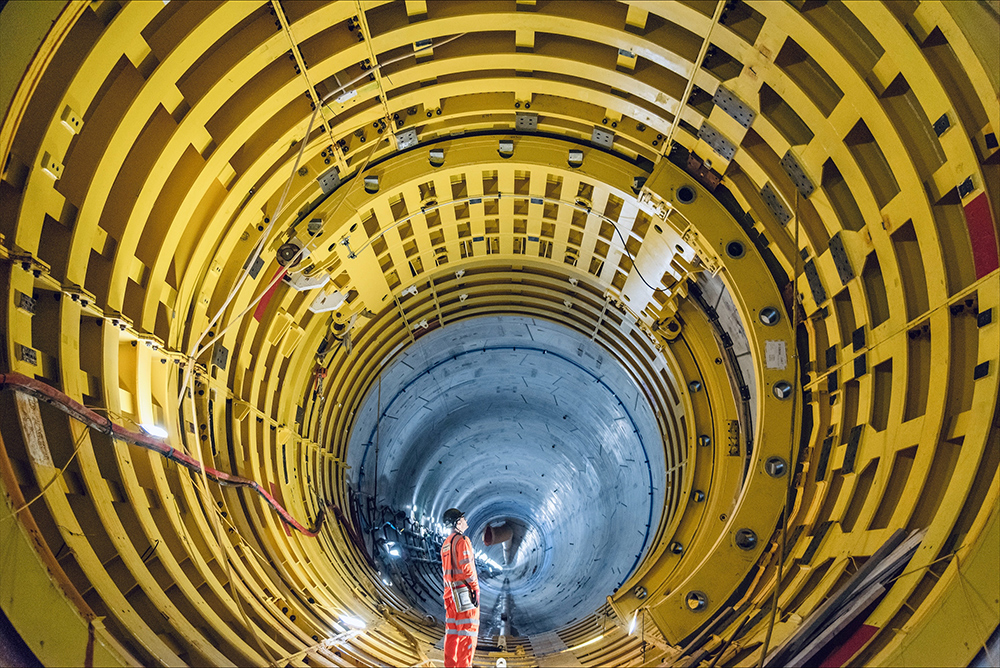
Image credit: EDF
The UK's journey to a Net-Zero future requires a workforce equipped with the right skills to drive sustainable energy. Our latest briefing paper, Net-Zero Skills: Jobs, skills, and training for the Net-Zero energy transition, delves into the critical need for low-carbon jobs and training across the energy sector.
Click here to download this Briefing Paper
Through in-depth research and interviews with industry experts, this paper outlines the significant opportunities for job creation in renewable energy, building energy efficiency and low-carbon technologies. The UK's energy system stands at a pivotal moment, with estimates from the Climate Change Committee (CCC) suggesting that between 135,000 and 725,000 new jobs could be created by 2030 in low-carbon sectors. This paper addresses the skills gap, identifies barriers to workforce growth, and provides key recommendations for ensuring a socially inclusive and regionally balanced transition.
Key Insights:
- Jobs potential
Low-carbon sectors, such as renewable energy, offshore wind, and building retrofits, offer substantial job growth. However, the absence of a national skills strategy poses a challenge in meeting the demand for trained workers. - Skills gaps
Immediate action is needed to address shortages in areas like heat pump installation, energy retrofitting, and offshore wind operations. Without investment in education and training, sectors like hydrogen, carbon capture, and electric vehicle manufacturing may struggle to find skilled workers. - Social justice & regional impact
The transition to Net-Zero must be equitable, ensuring that job creation benefits communities across the UK, particularly those most affected by the decline of carbon-intensive industries.
Policy Recommendations:
- Develop a national Net-Zero Skills strategy to create clear pathways into green jobs.
- Update training standards to reflect the growing need for low-carbon skills.
- Invest in regional centres of excellence to ensure a balanced distribution of opportunities across the UK.
By establishing a coordinated strategy for skills development, the UK can unlock the potential of the green economy and lead the world in the clean energy transition.
Click here to download this Briefing Paper
Authors
Kaylen Camacho McCluskey
Kaylen Camacho McCluskey is a Research Assistant at the Energy Futures Lab. She recently graduated from a Master's in Environmental Technology at Imperial College London, where her dissertation explored health as a policy driver for energy efficient renovations in owner-occupied households. She also holds a BA in English Literature, with a specialisation in ecocriticism, from the University of Warwick.
Dr Richard Hanna
Dr. Richard Hanna is a Research Associate at Imperial College London’s Centre for Environmental Policy. He conducts systematic reviews for the UK Energy Research Centre, focusing on energy technology innovation and low-carbon heating policy. His recent work includes reviewing international evidence on job creation from renewable energy and energy efficiency. Richard earned his PhD from the University of Surrey in 2013, where he studied the impact of installer businesses on microgeneration adoption and installation standards in the UK.
Dr Aidan Rhodes
Dr. Aidan Rhodes is a Research Fellow at Imperial College London and the Energy Policy Briefing Papers Fellow at the Energy Futures Lab. He prepares accessible briefing papers for energy sector policymakers and stakeholders. An expert in UK energy policy and innovation strategy, Aidan focuses on smart systems and networks. He has presented widely, authored influential reports in the smart systems and heat sector, and facilitated information-sharing missions between the UK and Asia-Pacific nations.